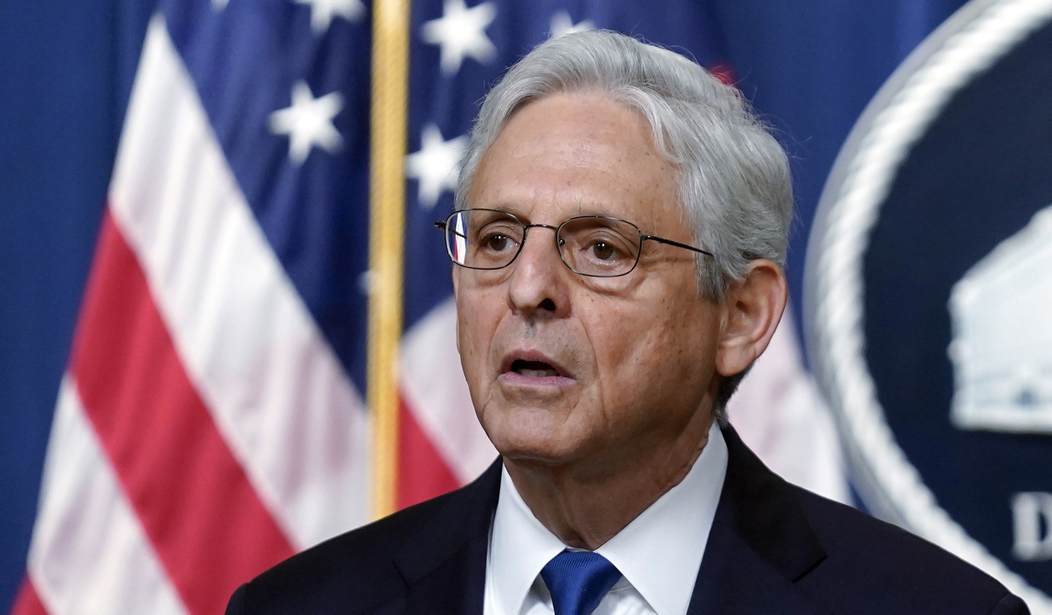House Speaker Mike Johnson said on Friday that the House will go to court to enforce the subpoena against Attorney General Merrick Garland, who refuses to hand over the audio interview conducted by special counsel Robert Hur with Joe Biden.
“It is sadly predictable that the Biden Administration’s Justice Department will not prosecute Garland for defying congressional subpoenas even though the department aggressively prosecuted Steve Bannon and Peter Navarro for the same thing,” Johnson said in a statement. “This is yet another example of the two-tiered system of justice brought to us by the Biden Administration.”
This occurred shortly after the Justice Department refused to prosecute Garland for defying a congressional subpoena.
Last month, Biden asserted a claim of executive privilege on the audio despite the fact that the transcript had already been released. The Justice Department declined to prosecute based on that privilege claim.
What Republicans were after was justification for Hur's conclusion that he wasn't going to prosecute Biden for mishandling classified documents because he would "present to a jury" as an elderly man “with a poor memory.”
The audio of the interview would almost certainly be damaging to Biden.
Assistant Attorney General Carlos Felipe Uriarte wrote a letter to Johnson, saying the department “will not bring the congressional contempt citation before a grand jury or take any other action to prosecute the Attorney General."
Republicans have accused the White House of suppressing the tape because they say the president is afraid to have voters hear it during an election year. A spokesperson for Jordan criticized the Justice Department’s move Friday, saying, “The rule of law for thee, but not for me.”
A transcript of the Hur interview showed Biden struggling to recall some dates and occasionally confusing some details — something longtime aides say he’s done for years in both public and private — but otherwise showing deep recall in other areas. Biden and his aides are particularly sensitive to questions about his age. At 81, he’s the oldest-ever president, and he is currently seeking another four-year term.
Why withhold the audio when the transcript is already out there? "Garland has said releasing the audio could jeopardize future sensitive investigations because witnesses might be less likely to cooperate if they know their interviews might become public," reports AP.
If the transcript is released their interviews will, indeed, become public. If he wanted to protect witnesses from their words going public, he should have claimed executive privilege on the transcripts.
Two former Trump White House officials, Peter Navarro and Steve Bannon, were prosecuted for contempt of Congress for defying subpoenas from the Jan. 6 committee. They were both found guilty at trial and sentenced to four months in prison. Navarro has been behind bars since March, and Bannon has been ordered to report to prison by July 1.
The special counsel in Biden’s case, Hur, spent a year investigating the president’s improper retention of classified documents, from his time as a senator and as vice president. Hur said he found insufficient evidence to successfully prosecute a case in court.
The difference between Navarro and Garland is that Navarro's executive privilege claim came after Trump left office. A less partisan AG might have recognized it anyway. But Navarro is in jail for the next three years.










Join the conversation as a VIP Member